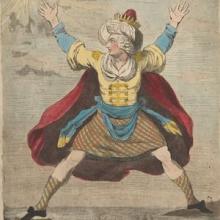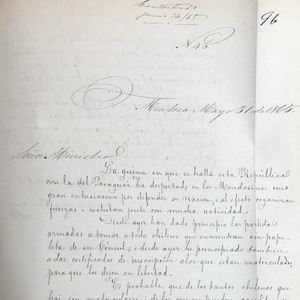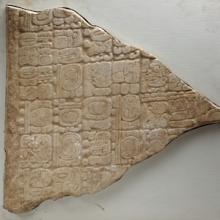Politics

Map of Land Grant for Cornell University, 1877
Similar to the New Zealand land grant, yet within a distinct political context, the development of land-grant universities in the United States followed and encouraged an institutional financing model based u
"Yellow fever in Dakar – There is no epidemic"
This is an excerpt from an interview with Blaise Diagne, the Senegalese deputy to the National Assembly, published in Le Matin, one of the major national dailies in metropolitan France.

Living History by Hillary Clinton
Written shortly after being elected a United States Senator, Living History is an autobiography by Hillary Rodham Clinton, politician and former First Lady of President Bill Clinton. Living History is a memoir covering Clinton's early years and her time as Fi

Short Teaching Module: Making Empire Global - British Imperialism in India, 1750-1800
The study of world history has often overlapped with scholarship on empire and imperialism.

Hicky's Bengal Gazette
Hicky’s Bengal Gazette was the first printed newspaper to be published in India.

Cartoon Depicts Debate at Hasting's Impeachment Trial, 1788
Printed in London in 1788, this satirical print was a response to the debate unleashed by the impeachment trial of Warren Hastings, the former and first Governor General of India, as well as the impeachment proceedings initiated against Elijah Impey, the former and first Chief Justice of the Supr

Cartoon Mocking British Policy toward India, 1788
This satirical print from 1788 constituted a cartoonist’s effort to make sense of and criticize growing governmental control over territories in South Asia.
Primer: Transnational Mobility and State Formation
Modern nation-states and transnational mobility – the movement of people, things, and ideas across borders – are two important subjects for historians to study. They are two fundamental features of the modern world and have influenced one another constantly over the last several centuries.

Chilean Consul Writes of Immigrants Seeking to Avoid Military Service, 1865
This document is a portion of a letter, written by José de la Cruz Zenteno, the Chilean consul in Mendoza, Argentina to the Minister of Foreign Relations in Chile is from the National Archive of Chile. Mendoza was and is an Argentinian province that borders Chile.

Short Teaching Module: Maya Writing
In the period from 200 to 900 C.E, which scholars later labelled the Classic Period, the Maya developed the most complex writing system in the Americas, a script with nearly a thousand characters (termed “glyphs”) that represent concepts and sounds, which over the last fifty years has been largel